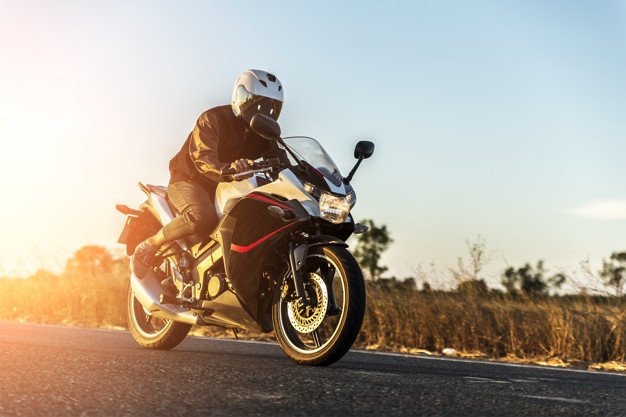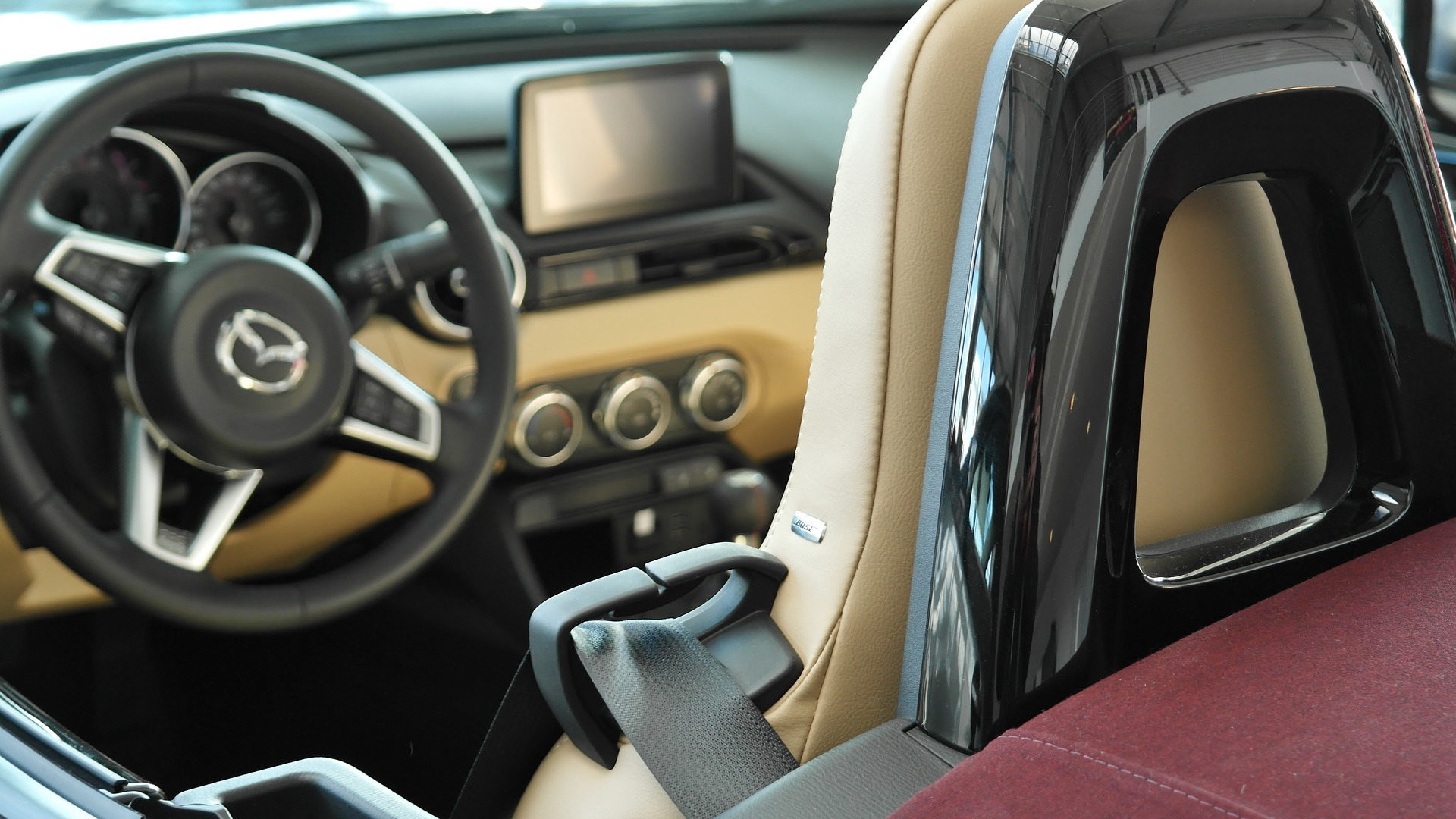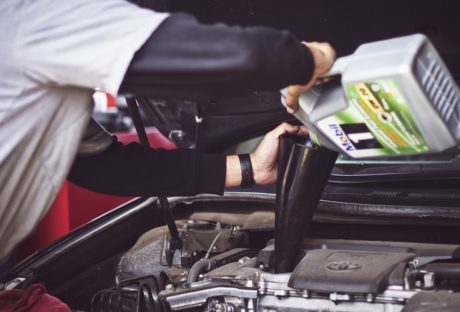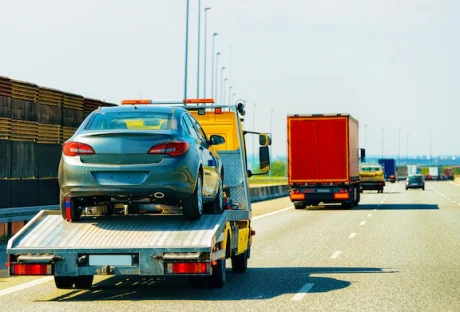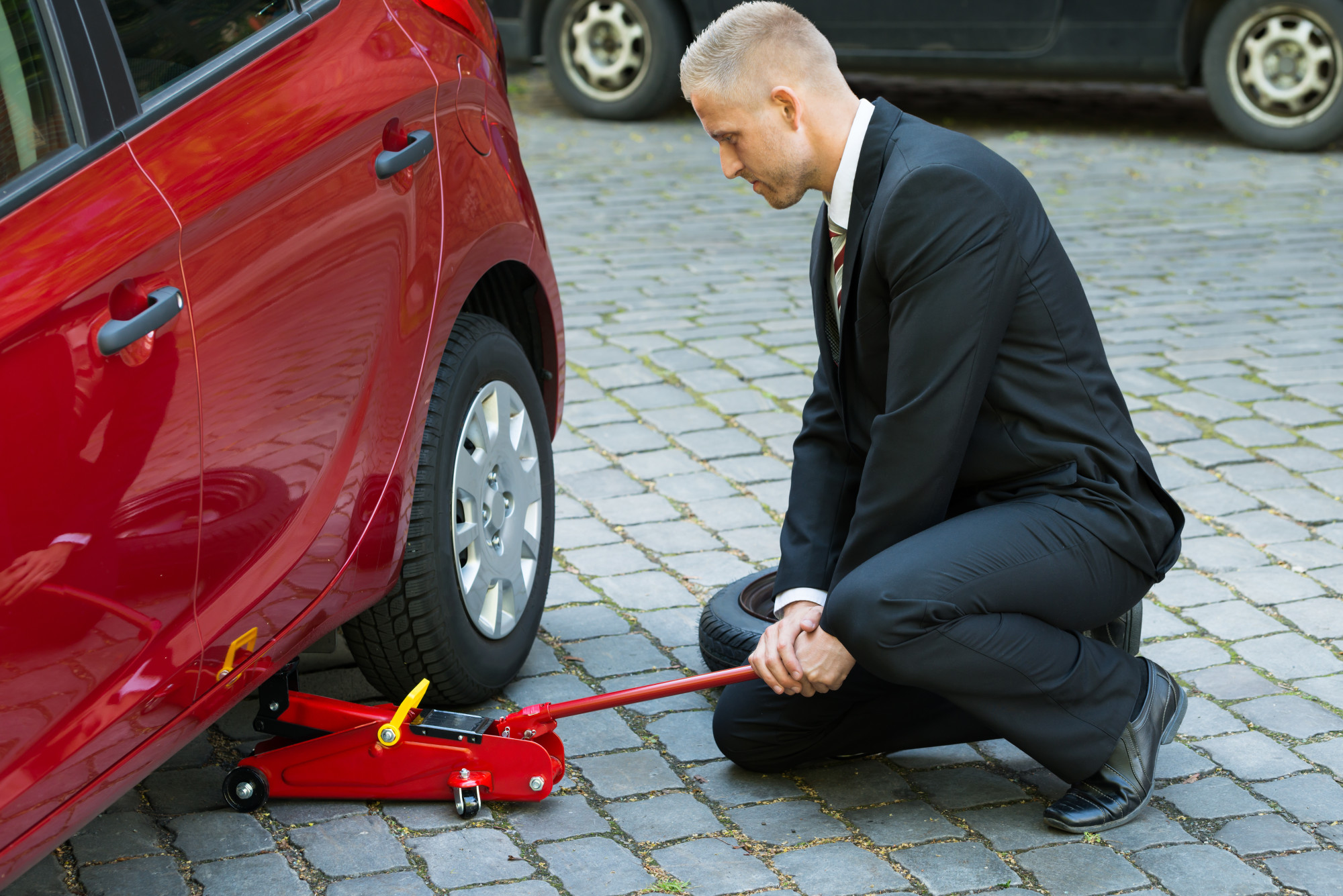There has been a gentle decline in the number of cars that are being bought all over the UK. In 2018, car sales had plummeted to a record low of 7%. Even during September, which experiences an upsurge in car sales, the 9th month of 2018 saw a double-digit slump in the number of cars sold. This comes in the backdrop of the new testing rules, waning demand for new cars, weak customer confidence and the fears on Brexit.
The majority of vehicles in the UK are diesel-operated and are over 20% more in number than their petrol-operated counterparts. The downward trend has continued since the start of 2018, but the end of the year experienced the highest decline.
Worldwide Harmonised Light Vehicle Test Procedure (WLTP)
Part of the reason was the introduction of a new test for all cars entering the EU market. The test, called Worldwide Harmonised Light Vehicle Test Procedure (WLTP), measures all emissions from the car, including carbon dioxide. It also checks on the fuel economy.
Unfortunately, there are very few WLTP testing centers across EU countries, and this has created bottlenecks in the delivery of new vehicles to customers. All new cars have to undergo the tests. This is causing delays with customers feeling the pinch of having to wait for the cars for too long. Some customers are either turning to car leasing to cater for their transport needs while others are going for motorcycles as a cheaper means of transport cross short distances.
This reason and other factors discussed below have led to a rise in motorcycle sales volumes. The rise in the number of motorcycles on roads had led to a high demand in motorcycle parts and rider gear. This, in turn, has led to increased sales volumes for motorcycle parts and rider gear online dealers such as XLMoto.
Brexit Uncertainty:
Brexit talks seem to have hit a dead end. There are no concessions made so far on Britain’s pullout from the EU. Due to this uncertainty, most consumers are unwilling to commit lots of cash until the Brexit talks have been concluded. In this case, they are going for cheaper alternatives especially where the customers are singles. Some of these more affordable alternatives are motorcycles. In fact, major automotive manufacturers are urging the UK government to consider the plight of the industry in their negotiations. If there will be differences in car legislation after Brexit, many car makers may have to move factories into the EU affiliated countries.
There is also waning confidence in many newer models getting into the market largely due to few improvements on previous models. Therefore, most customers do not see the need for changing their existing cars. The financial challenges affecting the middle class are also leading to many not buying cars.
In the same time, motorcycles are fast becoming the travel mode of choice especially across major cities in the UK. In addition to the reasons provided above, motorcycles get you around jam-packed city roads faster than cars and they have less cost on maintenance and fuel consumption. The rise in motorcycle sales is expected to go up the post-Brexit UK and into the future. Online motorcycle sales lead to showroom sales of motorcycles across the UK.
Read Also:













